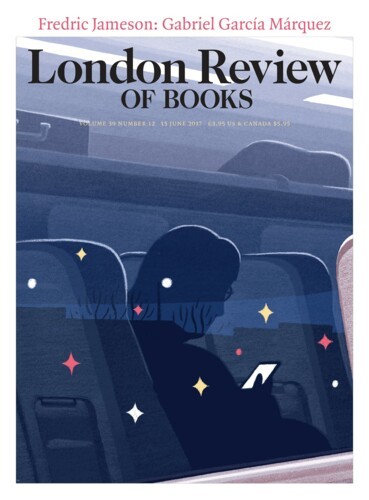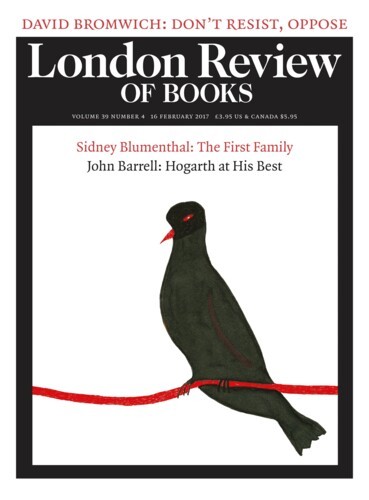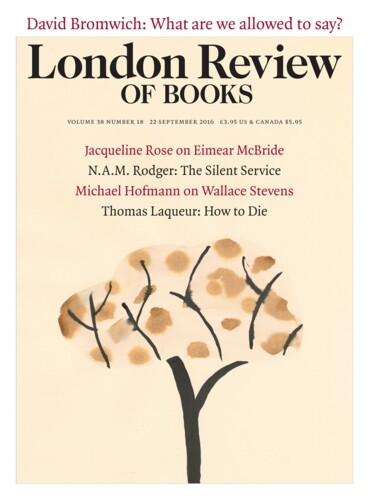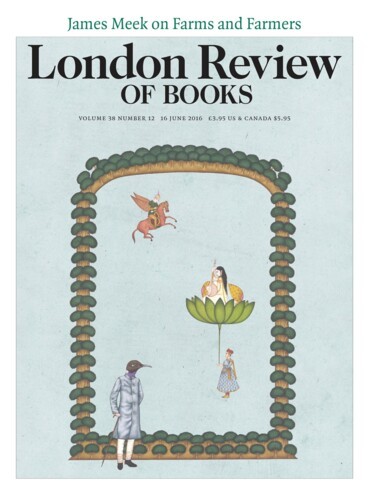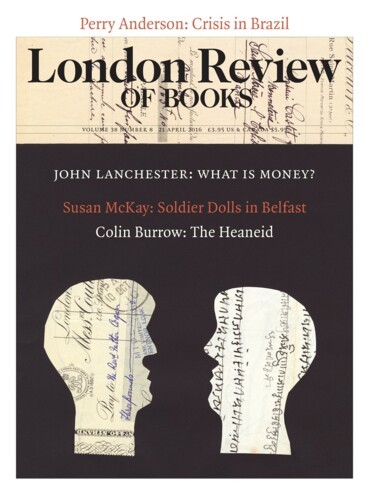To think about Stevens’s life, or Stevens from the perspective of his life, is to be told that your bird of paradise, your parrot or your quetzal, is actually a pigeon or a Farmer Matthews turkey. Nothing in writing has the full-on charm of early Stevens, the abundance of colours and scents and sounds, the musical instruments and fruit, and – oh, just the abundance of abundance. He has the nattiest titles, the most full-throated ejaculations (the ‘Pardie!’ and ‘quotha’ and ‘Ti-lill-o’, the ‘Tum-ti-tum,/Ti-tum-tum-tum!’ and the ‘Ohoyaho,/Ohoo’), the wildest cast of characters, the most beguiling locations.
The Whole Harmonium: The Life of Wallace Stevens by Paul Mariani. To think about Stevens’s life, or Stevens from the perspective of his life, is to be told that your bird of paradise, your parrot or your quetzal, is actually a pigeon or a Farmer Matthews turkey. Nothing in writing has the full-on charm of early Stevens, the abundance of colours and scents and sounds, the musical instruments and fruit, and – oh, just the abundance of abundance.
